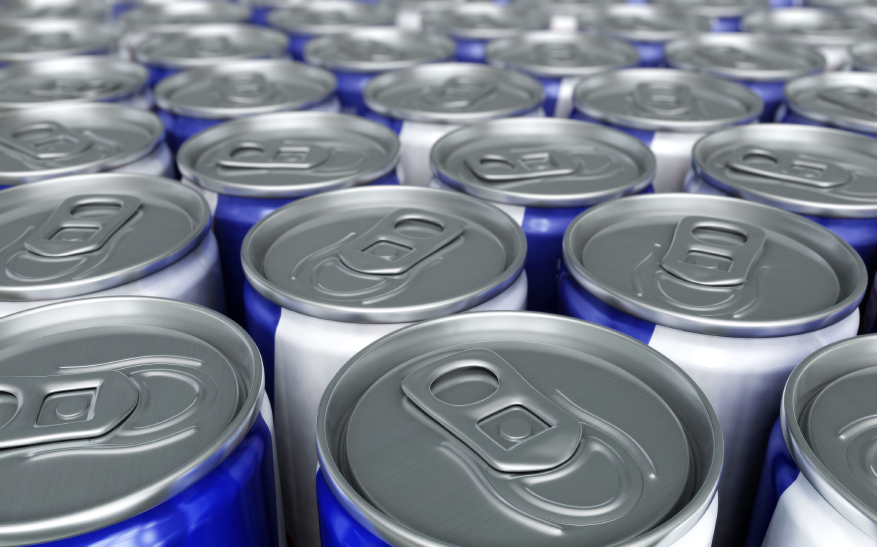The Unexpected Link Between Energy Drinks and Traumatic Brain Injury in Teens

NoDoz used to be the weapon of choice for young people studying for an exam or looking for an energy boost. But that was before energy drinks really took the culture by storm. From Red Bull to Monster to 5-Hour Energy, these beverages are designed to have an excessive amount of caffeine. While energy drinks have been linked to irregular cardiac activity, even in healthy teens, there is now a new concern: the link between energy drinks and traumatic brain injuries.
A new study published in the Canadian journal PLOS ONE found that teens who have had serious brain injuries within the last year were seven times more likely to report drinking at least five energy drinks in the last week. According to TIME Magazine, about 50 percent of adolescents consume energy drinks, and 31 percent of that number drink these beverages regularly. Energy drinks are even becoming a more popular choice than soda.
The 10,000+ students surveyed ranged from 7th to 12th grade, and the teens who had experienced a TBI within the last 12 months were twice as likely to report the consumption of energy drinks mixed with alcohol. This habit is a serious one, as caffeine is able to mask the effects of alcohol and makes it much harder for a person to realize when they’ve had enough to drink.
The author of thePLOS ONE study, Gabriele Ilie, from the Neurosurgery and Injury Prevention Research Office at St. Michael’s Hospital in Toronto, says, “We think the common denominator between traumatic brain injuries and energy drinks is sports.” She cites the marketing campaigns for the energy drinks and how they are crafted to include sponsorship of events that are appealing to the 12-18-year-old age group, like snowboarding.
Teens who suffered a TBI while playing a team sport were twice as likely to have consumed energy drinks within the last year – this is in comparison to teens who developed a TBI after an auto accident or fight. The mild to severe head traumas were categorized as resulting in at least five minutes of unconsciousness or even an overnight hospitalization.
Sports-related head injuries increased 57 percent between 2001 and 2009, and the study buoys the idea that energy drinks are a contributor to risk-taking behavior among teens. But just because someone likes playing hockey that doesn’t mean they’re necessarily more susceptible to brand marketing or even TBIs.
The American Beverage Association takes issue with this attack on energy drinks, comparing the beverages to cups of coffee and claiming they have half as much caffeine. They also defend the energy drink manufacturers’ thorough labeling of their products.
Ultimately, a traumatic brain injury is a very serious condition. And Ilie is asking for vigilance in discouraging the association of energy drinks with playing sports.
About: Christensen Law is a personal injury law firm located in Southfield, MI. David Christensen specializes in helping victims of traumatic brain injuries obtain medical benefits and secure treatment options that allow them to focus on their healing and recovery. After a TBI, personalized treatments can be the difference between a quick recovery or a lifetime disability.